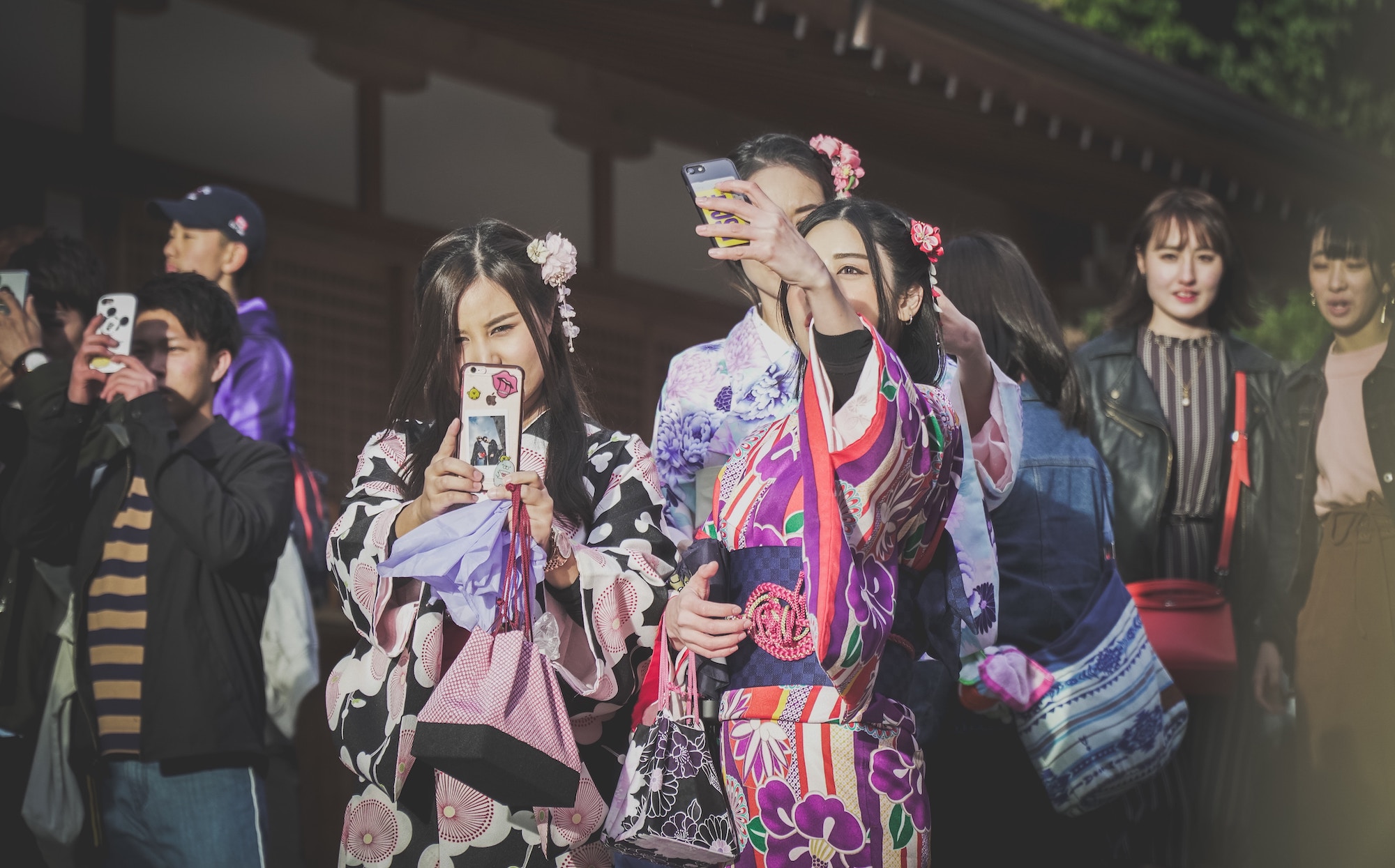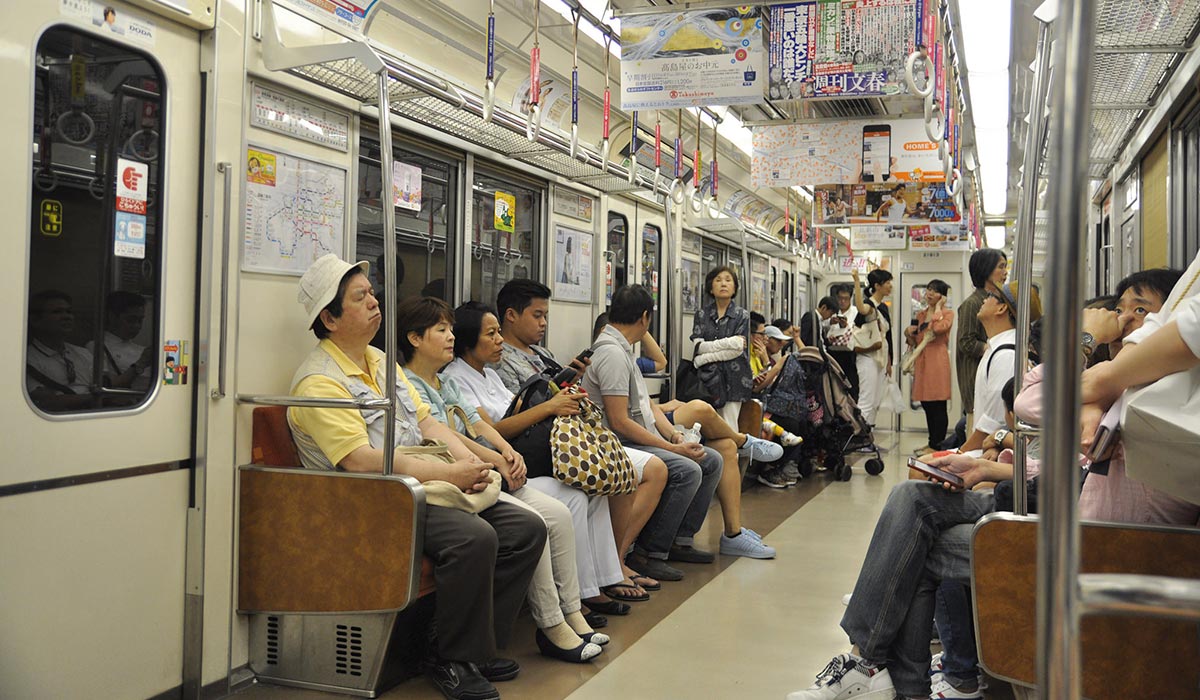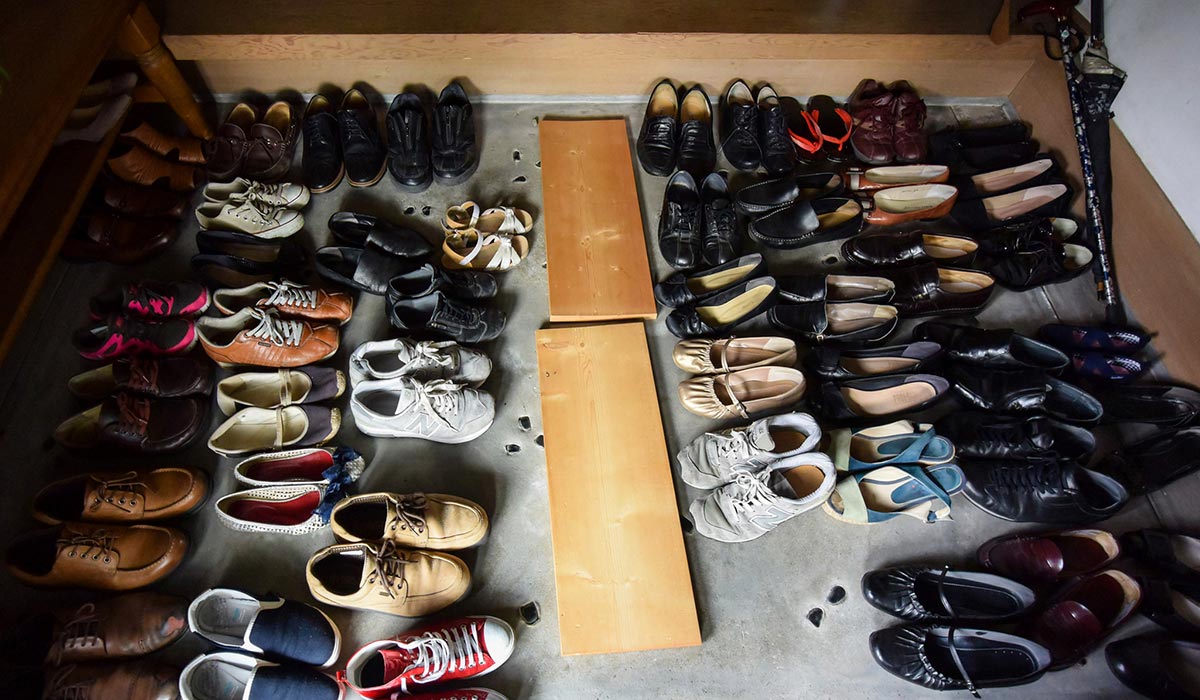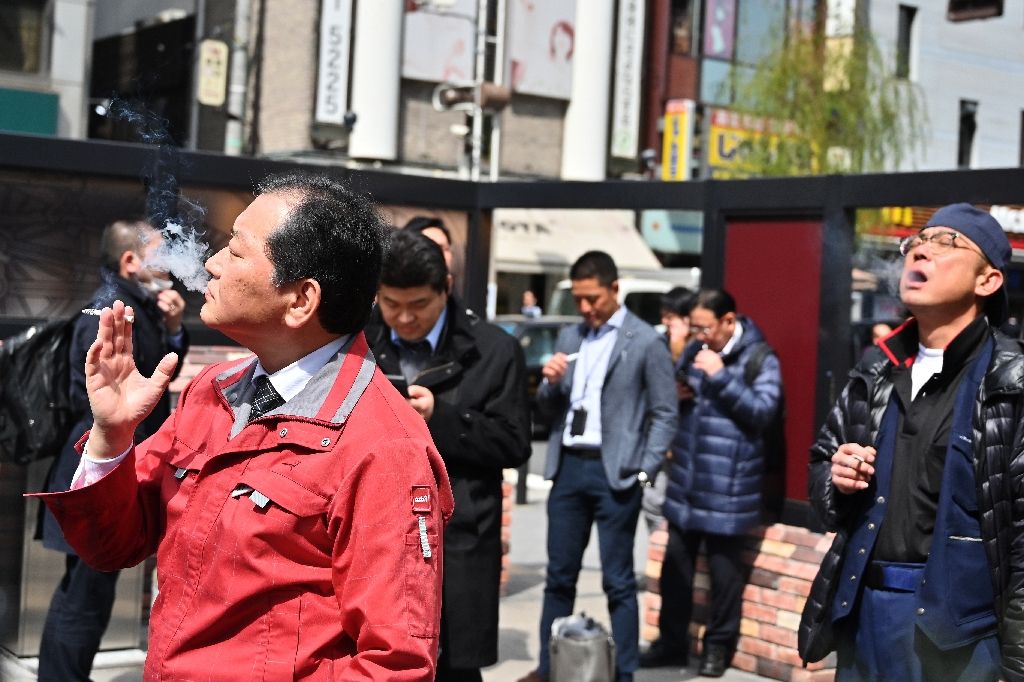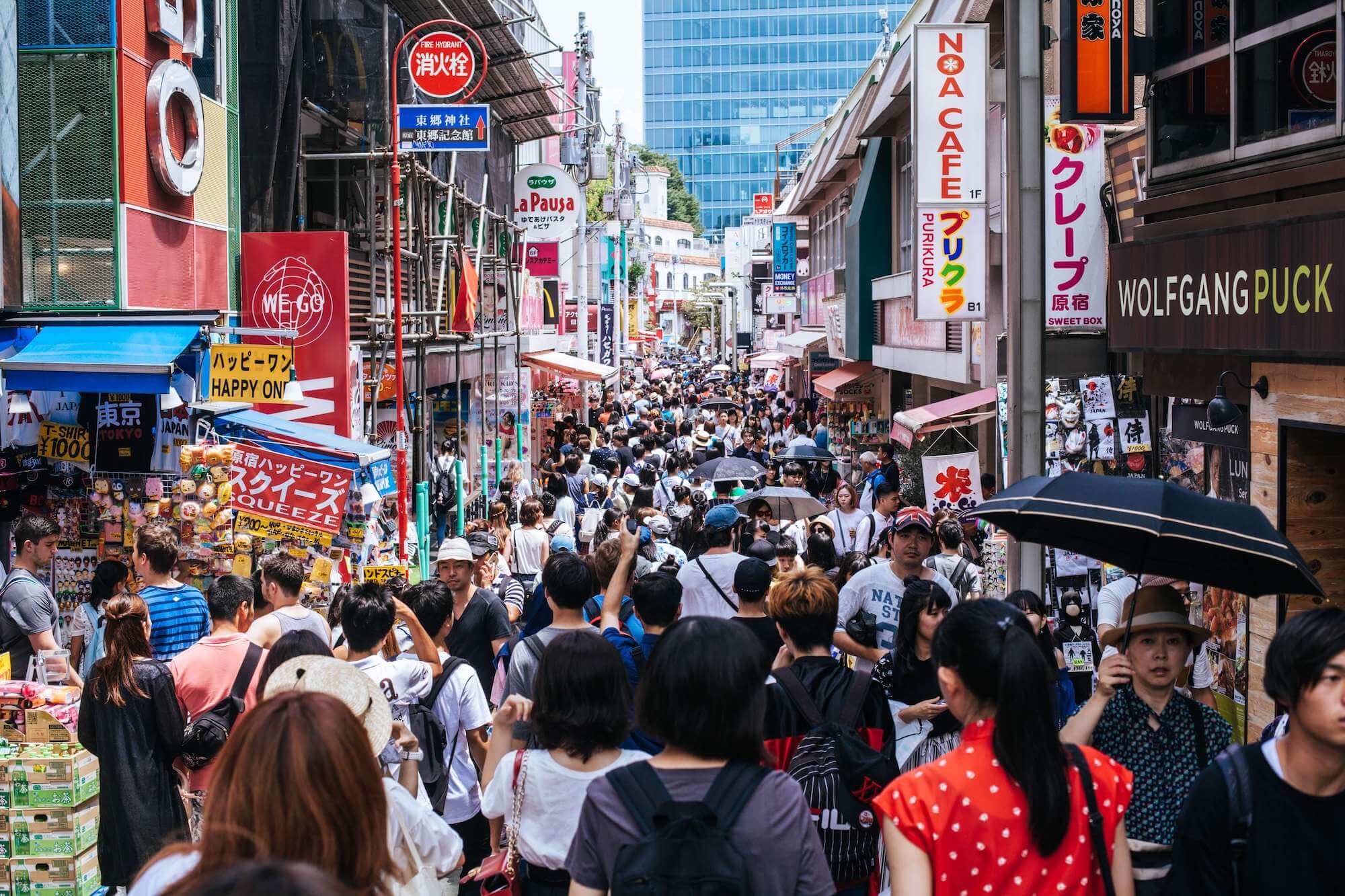15 Things You Should Not Do When Visiting Japan – The reputation of Japanese culture and etiquette precedes them. At one point of a conversation about travels to Japan, the mention that leads to a discussion of the way things work in this amazing country is bound to pop up. Their unique customs, social norms and rules that regulate the public life and relations can be pretty far off compared to where some of us came from.
While tourists and expats are given, to an extent, a free pass to not being in-the-know of the local etiquette, knowing a few basics here and there can go a long way, especially if you’re considering to (or are already) settle down in Japan. Here are the top “don’ts” to be aware of when you’re spending your time in this culturally-rich country.
Table of Contents
Don’t be loud on public transportation
Public transport, like any other public space, is often known to be clustered with people and hence uncontrollably generating a level of noise. Anyone who’s ever been on a Japan public transportation would’ve been surprised at how pin-dropping silent they are. Almost all commuters would be busy browsing their phones, listening to music, watching videos or reading, but it’s a rare sight to see one engaging in a phone call.
It’s a Japanese custom to put phones on silent mode and not be on the phone whilst on the train, so as to respect other commuters. Any party engaging in communication face-to-face often to do with hushed voices.
Read also: 10 Tips for Train Etiquette in Japan
Don’t misuse chopsticks
Believe it or not, there is somewhat of a “chopstick etiquette” in Japan. There is almost zero probability of being served with a fork in any local Japanese dining, and chopsticks are the way to go. Picking up a few strict no-nos would definitely be useful in preventing glaring eyes from the locals. For one, don’t ever stick your chopsticks upright in a bowl, as it resembles a funeral ritual. If you need to place down your chopsticks, place it across your bowl or at the side in a chopstick holder (if there is one).
A couple of other things to note is to not pass food between chopsticks, rubbing chopsticks together and pointing using the chopsticks.
Read also: Chopsticks Etiquette
Don’t tip
 In some countries, tipping is part of the culture. In Japan, tipping is strictly not part of the culture. A high level of courtesy and politeness is deeply ingrained in Japanese culture, and that includes good customer service.
In some countries, tipping is part of the culture. In Japan, tipping is strictly not part of the culture. A high level of courtesy and politeness is deeply ingrained in Japanese culture, and that includes good customer service.
Tipping, or even just leaving change, can be misunderstood as insulting, as it’s implying that the staff are providing good service for monetary reward while it’s already standard expectation. In fact, some might even think you’ve forgotten your change and go after you to return them!
Read Also: Should You Tip in Japan?
Don’t wear shoes in someone’s home
It may come as a shock to some, but never, ever use your shoes into someone’s home in Japan. Some ryokans, temples and shrines also have the same etiquette, so be mindful and aware of the situation. Leave them outside, before entering the door to these places. Some houses might even provide house slippers, so you may opt for that. In addition, some toilets have slippers specially for that, and it’s important to remember to switch them when you’re using the washroom.
Don’t be surprised if some restaurants, especially the more traditional ones and the ones where you sit on a tatami, insist on the removal of shoes before entering the place. In Japan, it’s just normal.
Don’t give and/or receive things with one hand
This is one where the foreigners get that “free pass”, if ever. It’s not common knowledge, and even instinct, to others that it is somewhat customary to receive and give things with both hands. It’s more usual for some to do it with just one, but in Japan that’s considered slightly odd. Use both hands as a sign of politeness, and top it off with a slight bow or nod.
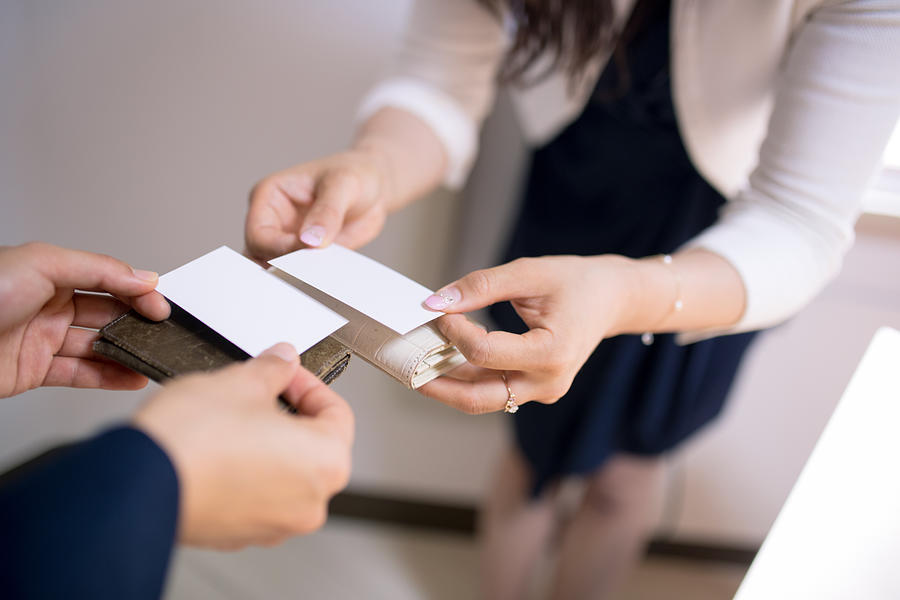 When it comes to the specific matter of business cards, which is a more common situation to receive and give with both hands, take a few seconds to properly look and read the card when you receive it. This shows that the card is of importance rather than just some mere piece of paper.
When it comes to the specific matter of business cards, which is a more common situation to receive and give with both hands, take a few seconds to properly look and read the card when you receive it. This shows that the card is of importance rather than just some mere piece of paper.
Don’t ignore queues
 What may come off as peculiar or odd to others but normal to the Japanese is their love and obedience for the queuing system. Don’t be surprised when you see neat rows of queues for buses, trains, restaurants or even elevators. Don’t ignore them, either. Simply join the queue and follow it in a single file. On train platforms, there’s often markings on the floor as to where you should stand to queue while waiting for the train to arrive. And, it goes without saying, when the trains do arrive and the doors open, wait for the passengers to get off before getting on.
What may come off as peculiar or odd to others but normal to the Japanese is their love and obedience for the queuing system. Don’t be surprised when you see neat rows of queues for buses, trains, restaurants or even elevators. Don’t ignore them, either. Simply join the queue and follow it in a single file. On train platforms, there’s often markings on the floor as to where you should stand to queue while waiting for the train to arrive. And, it goes without saying, when the trains do arrive and the doors open, wait for the passengers to get off before getting on.
Don’t be late
The Japanese value their time, and when they have an appointment or set a time to meet, they’re always punctual, if not early. Even buses and trains are always on time (unless there are some maintenance of sorts, which rarely happens), so there’s no reason for us to be late. In Japan, it’s embarrassing to be late, and also generally it’s awkward when someone else is waiting for you after the passed arranged time to meet. Save yourself from them by being punctual!
Don’t jaywalk
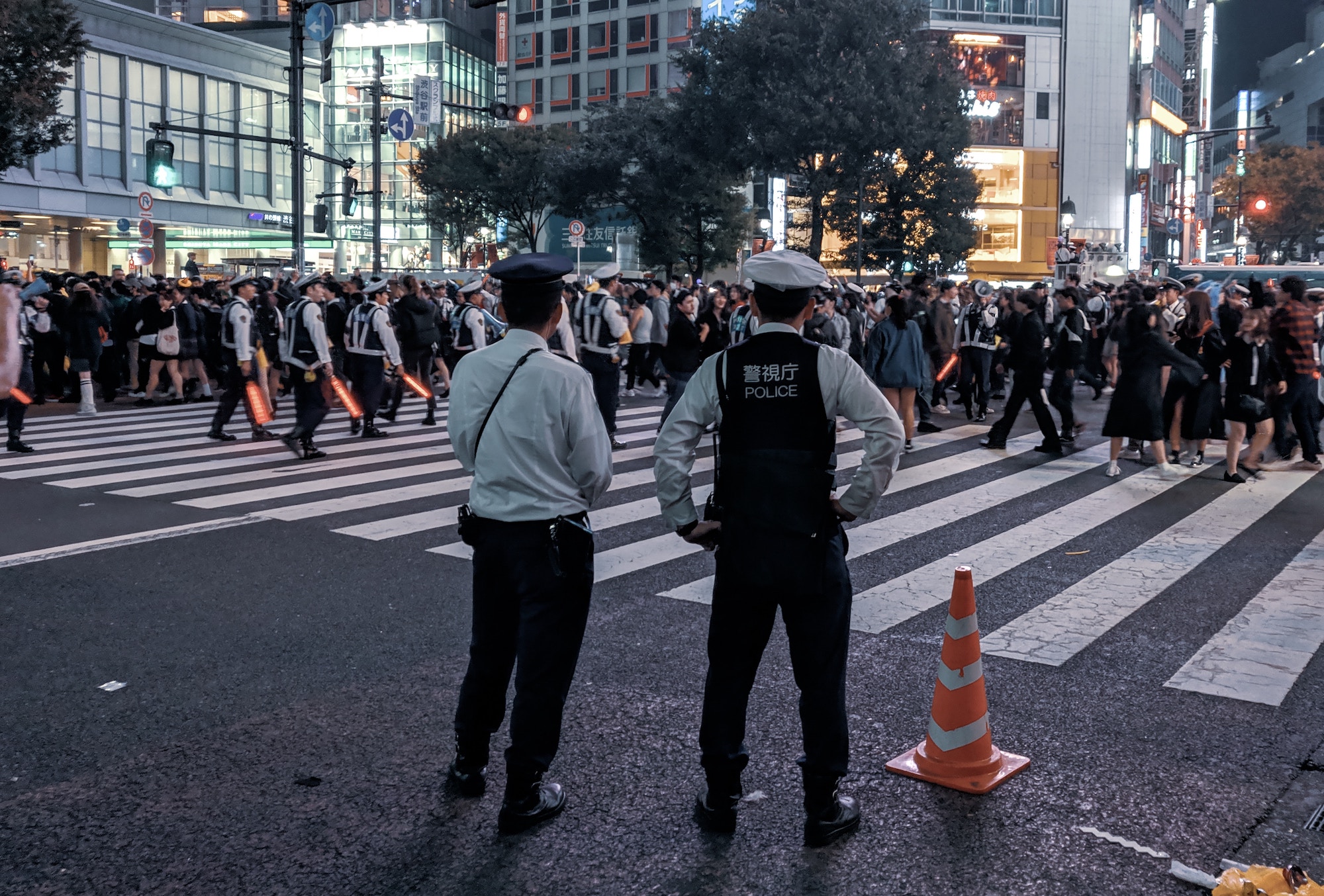 Rules are followed and obeyed in Japan, which is probably why almost everything is run so smoothly in the country. While the origins and reason as to why jaywalking is not allowed in Japan, it is kind of a given, don’t you think? The traffic lights don’t take long, and if there’s a construction or breakdown of sorts, there’s always a road worker to assist the traffic flow. Save yourself the danger, firstly, as well as others’ danger of following your lead to jaywalk by simply not.
Rules are followed and obeyed in Japan, which is probably why almost everything is run so smoothly in the country. While the origins and reason as to why jaywalking is not allowed in Japan, it is kind of a given, don’t you think? The traffic lights don’t take long, and if there’s a construction or breakdown of sorts, there’s always a road worker to assist the traffic flow. Save yourself the danger, firstly, as well as others’ danger of following your lead to jaywalk by simply not.
Don’t eat or smoke while walking
Some of us are guilty of killing two birds with one stone by walking while munching on some snacks. Unfortunately, Japan doesn’t look at it that way. In fact, it’s even considered rude to do so. Chances of spilling or dropping bits of your snacks leading to dirtying the walkways and someone else treading on them are there, so best to avoid it. People often stand outside the convenience stores like Family Mart and Lawson till they finish their snack and bin the wrapper.
Similarly, smoking while walking is also rude. There are designated spots for smokers to puff their cigarettes as much as they like, but definitely not out in the open streets. The idea behind it is so that the smoke from the cigarettes don’t get in the way (and face) of others around them. All in all, they’re both out of consideration for others.
Don’t blow your nose in public
Unlike in the West, sniffling is the better option compared to outright blowing your nose. It’s seen as less crude and rude. If you do find yourself in the unfortunate situation where your nose is a little trickly and irritating, turn away from the crowd and wipe your nose with a tissue. If you really do need to blow, find a more private space like the toilet to do so.
Don’t point directly
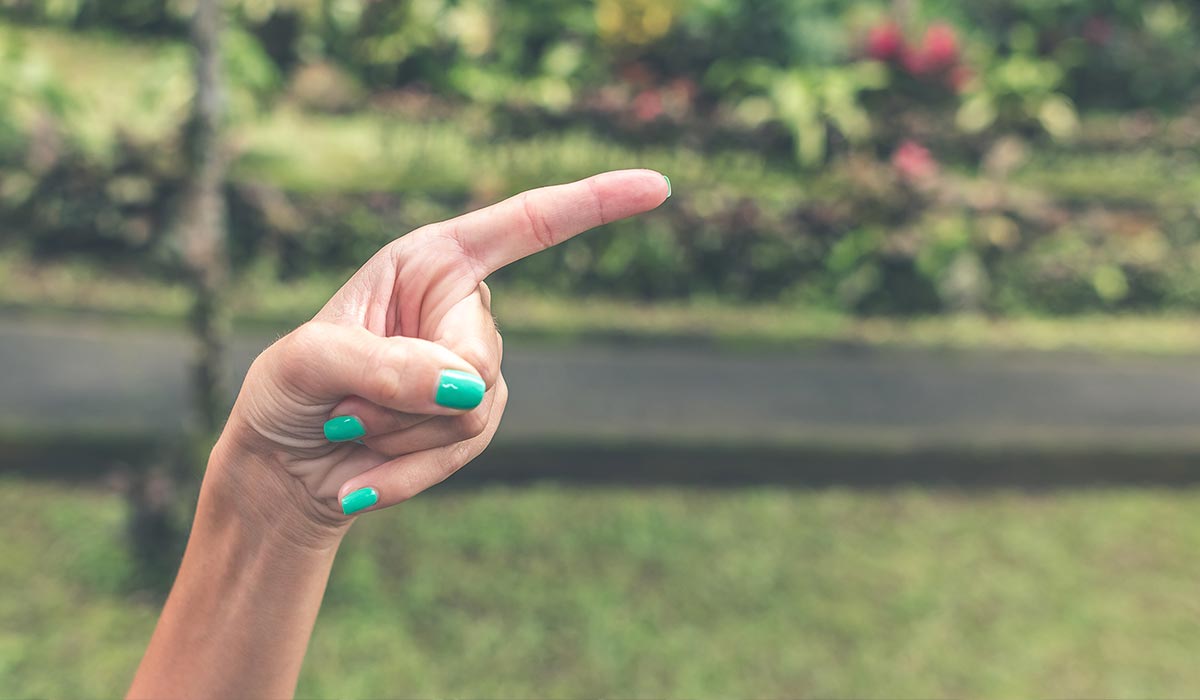 Pointing at something directly is considered rude in Japan. When you need to direct to something, instead of using their finger, the Japanese use their hand to gently wave at what they would like to indicate. While it is considered good manners to not point, it can get a while to get accustomed to, so don’t beat yourself up if you did accidentally point.
Pointing at something directly is considered rude in Japan. When you need to direct to something, instead of using their finger, the Japanese use their hand to gently wave at what they would like to indicate. While it is considered good manners to not point, it can get a while to get accustomed to, so don’t beat yourself up if you did accidentally point.
Don’t litter
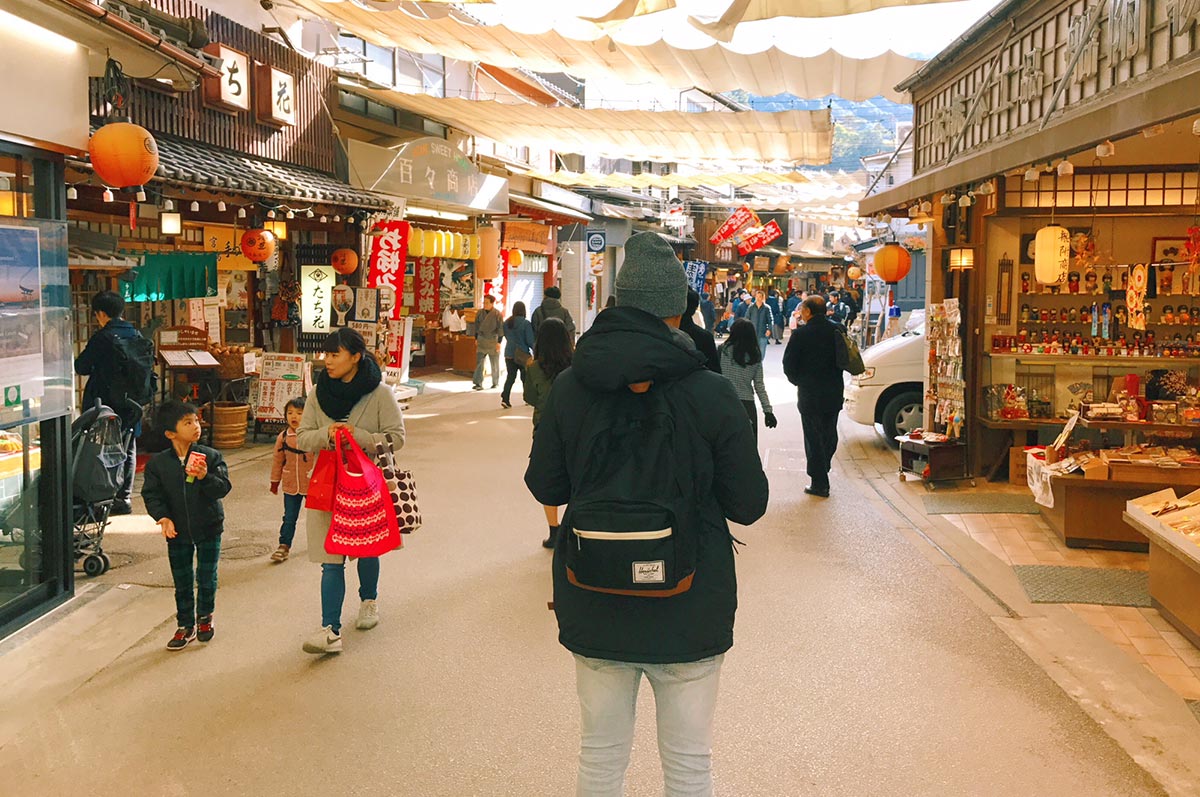 Bins are surprisingly extremely hard to find in Japan, yet the streets are almost always sparkling clean and litter-free. Keep it that way by holding on to your rubbish and not litter, and only dispose of it when you see a bin in your area. If you want to be even more involved in the Japanese practice, separate your trash by plastics, papers, cans and other waste, and dispose of them accordingly. You might be surprised at how often these all come in a row together.
Bins are surprisingly extremely hard to find in Japan, yet the streets are almost always sparkling clean and litter-free. Keep it that way by holding on to your rubbish and not litter, and only dispose of it when you see a bin in your area. If you want to be even more involved in the Japanese practice, separate your trash by plastics, papers, cans and other waste, and dispose of them accordingly. You might be surprised at how often these all come in a row together.
Don’t queue for the next toilet stall
In some places in the world, it is okay to queue for individual toilet stalls — waiting in front of each stall door respectively. However, in Japan, they follow the “first come, first serve” way where there’s only one queue, and whichever stall is emptied, the first person in the queue gets to go. It’s best to follow this order and don’t go out of your way to queue for the next stall. It’ll only end in awkwardness and miscommunication.
Don’t bathe dirty
 Depending on culture and country, a bath is not always for cleansing oneself. In Japan, a bathtub in the homes, and public baths that are called the “onsen”, are used for relaxation purposes. There’s a “shower first” unspoken rule that you kinda have to follow, especially at onsens. Since it is a public space, respect others by cleansing yourself first at the prepared showering spots before dipping into the baths.
Depending on culture and country, a bath is not always for cleansing oneself. In Japan, a bathtub in the homes, and public baths that are called the “onsen”, are used for relaxation purposes. There’s a “shower first” unspoken rule that you kinda have to follow, especially at onsens. Since it is a public space, respect others by cleansing yourself first at the prepared showering spots before dipping into the baths.
Read also: Onsen Etiquette in Japan
Don’t pour soy sauce in rice
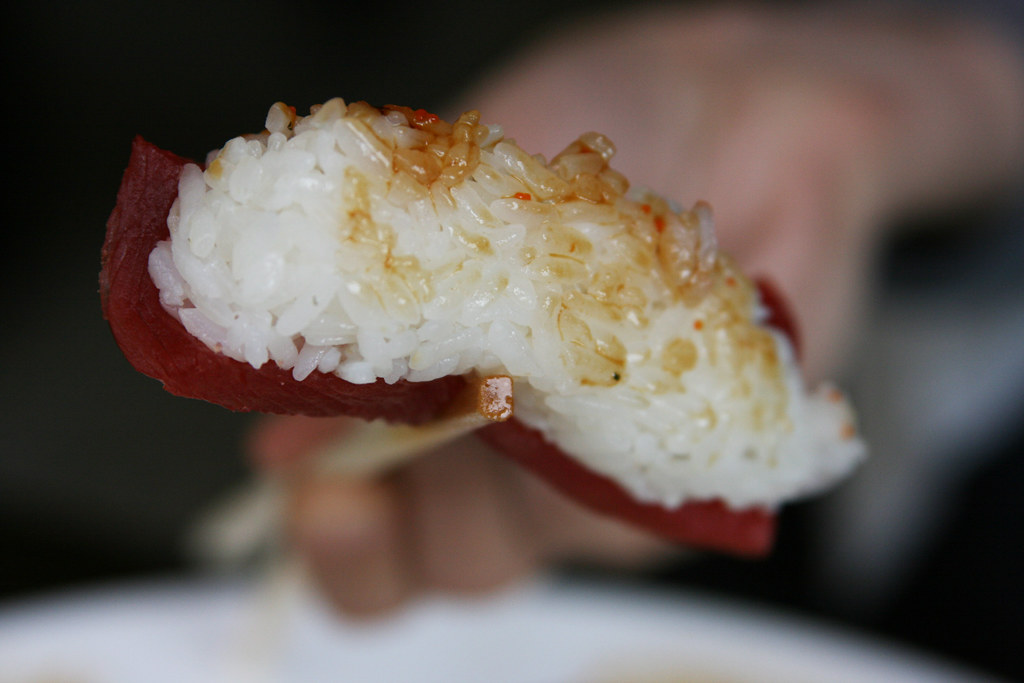
Credits: Quinn Dombrowski / Flickr
One of the less known customs is to never pour soy sauce onto your rice. The Japanese take a ridiculous amount of pride in their rice when it comes to the texture and subtle flavours of the grain. By pouring soy sauce on it, it basically is seen as destroying the beauty of it. Some people seem to be unable to eat white rice without soy sauce, but try to abstain from it, especially in public restaurants.
Read also: What You Should Not Do When Eating Sushi
Conclusion
The mentioned etiquette seems a lot to digest, and in fact there are a lot more, but by looking at it as respecting the culture and customs of the Japanese in their home country makes it better. When you think about it, most of them are basic courtesy that some of us already partake in, but it may come off odd when everyone in a country does it. Japan is not Japan without its order and system, so let’s do our best to fit right into it!
You can also join our Facebook Group and share your Japan with us! Last but least, follow us on Instagram, Facebook, and Pinterest and don’t miss any blog post.

Azra Syakirah
Usually tucked away in a cafe anywhere she goes, Azra Syakirah is a fashion designer and entrepreneur living in Tokyo, Japan. Born and bred in Singapore, her heart belongs to the world. Also a language enthusiast, she virtually scribbles her thoughts on a blog as well as freelances as a writer. She is experimental and versatile with her writing genre and content creation, seeking to put her passion in linguistics and hunger for creativity into practice.

